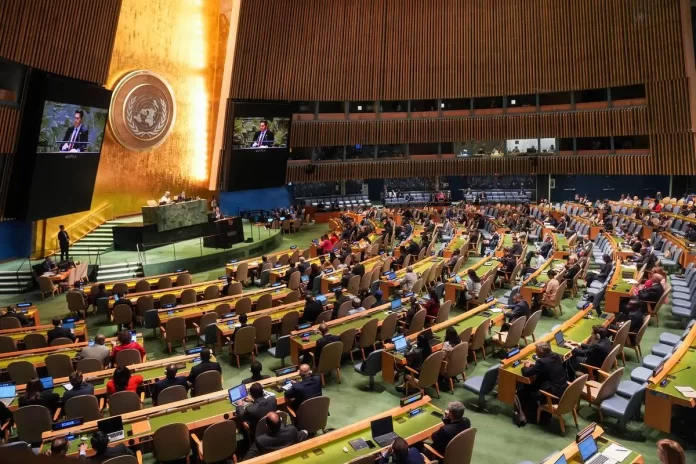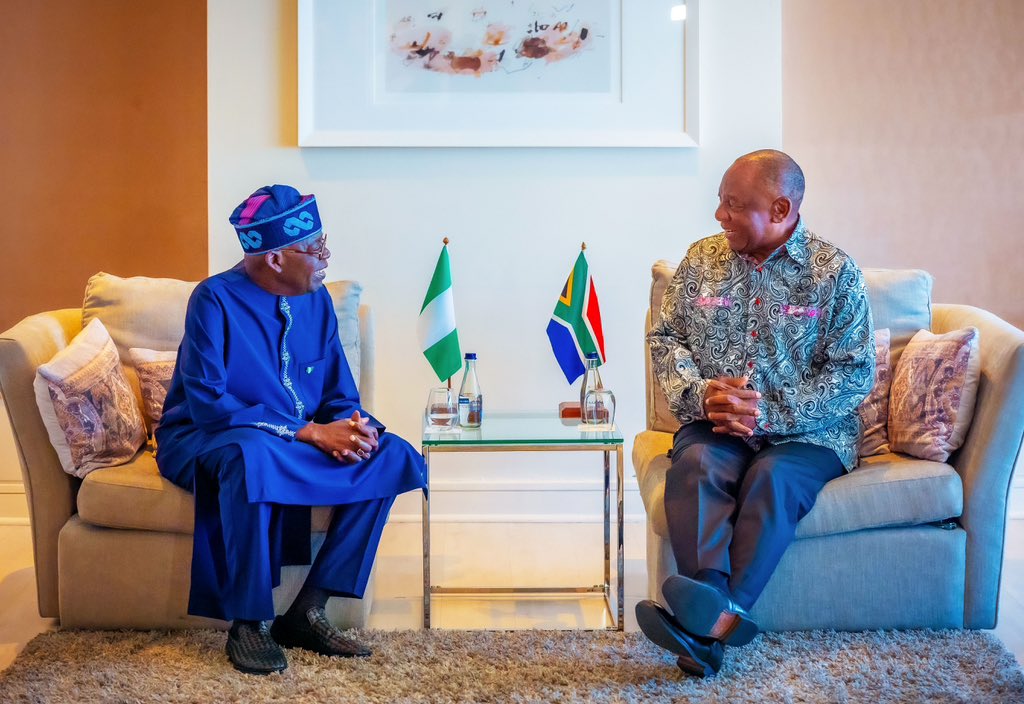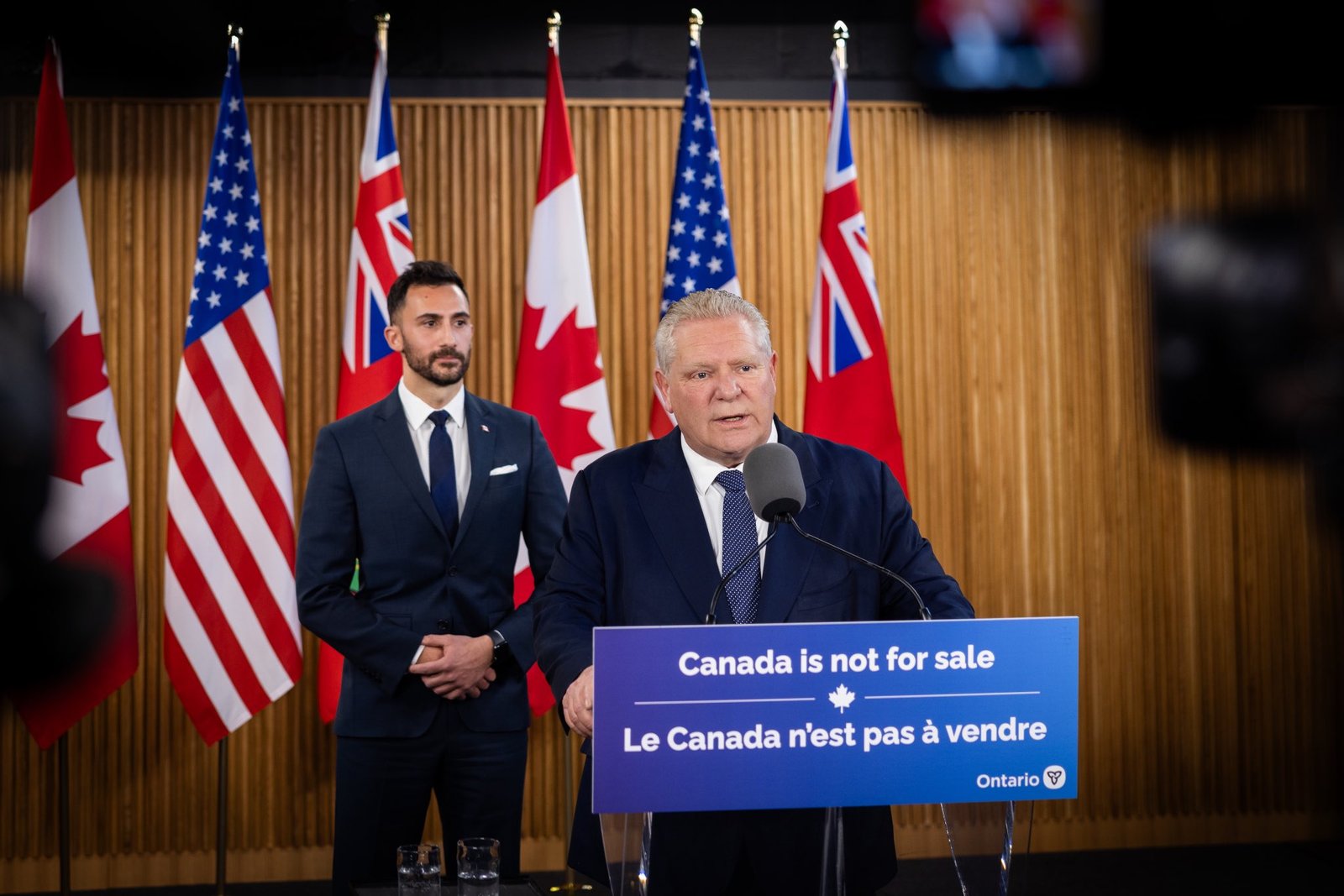The United Nations General Assembly has adopted the “Pact for the Future,” a landmark agreement hailed by UN Secretary-General Antonio Guterres as a “significant step towards more effective, inclusive, and networked multilateralism“. The pact, which includes an annex on fostering a responsible and sustainable digital future, was adopted without a vote at the start of the two-day Summit of the Future on Sunday.
After nine months of negotiations, the pact aims to rejuvenate multilateralism and address the needs of current and future generations amid persistent global crises. “We are here to bring multilateralism back from the brink,” Guterres declared at the summit.
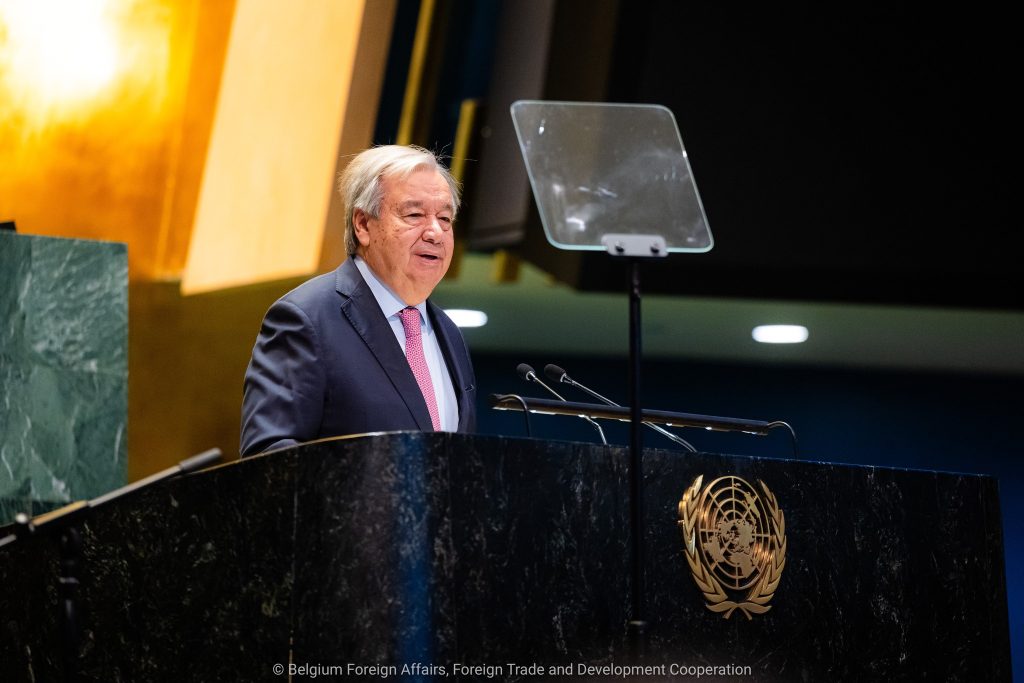
The adoption of the pact served as the opener for the annual high-level week of the UN General Assembly, which begins on Tuesday. Dozens of heads of state and government including Nigeria’s Vice President, Kashim Shettima who represented President Bola Tinubu, gathered to endorse the agreement, pledging to strengthen the multilateral system to keep pace with a changing world.
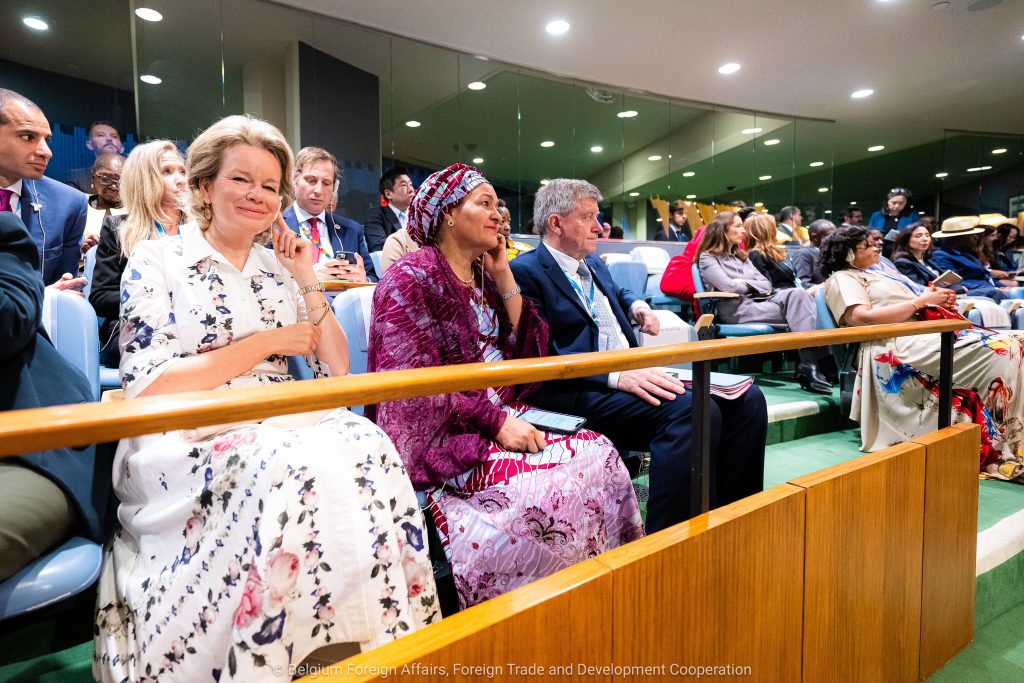
The pact covers a wide range of themes, including peace and security, global governance, sustainable development, climate change, digital cooperation, human rights, gender, youth, and future generations.
The 42-page pact outlines 56 broad actions that countries have committed to achieving including conceding to Africa two slots in the United Nations Security Council and one seat representing small island nations, and a reform of the global financial system in favor of developing economies in the global south.
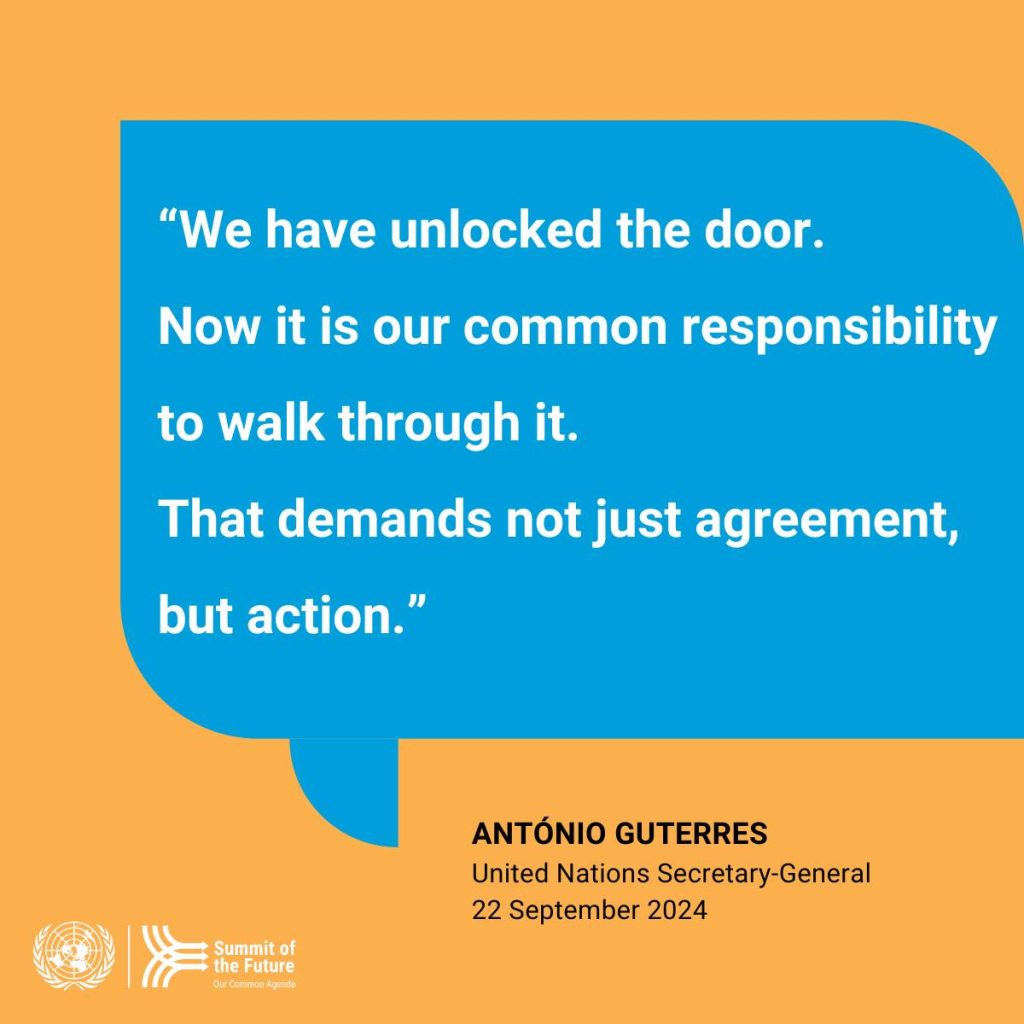
However, the adoption faced a brief delay when Russia’s Deputy Minister of Foreign Affairs, Sergey Vershinin, introduced an amendment to add the principle of non-interference in the internal affairs of states. Supported by Belarus, North Korea, Iran, Nicaragua, and Syria, the amendment was overwhelmingly dismissed.
German Chancellor Olaf Scholz, a co-sponsor of the text, expressed frustration over Russia’s attempt to halt the process. Despite such criticisms, the pact remains an opportunity to reaffirm collective commitment to multilateralism, even in a challenging geopolitical context.
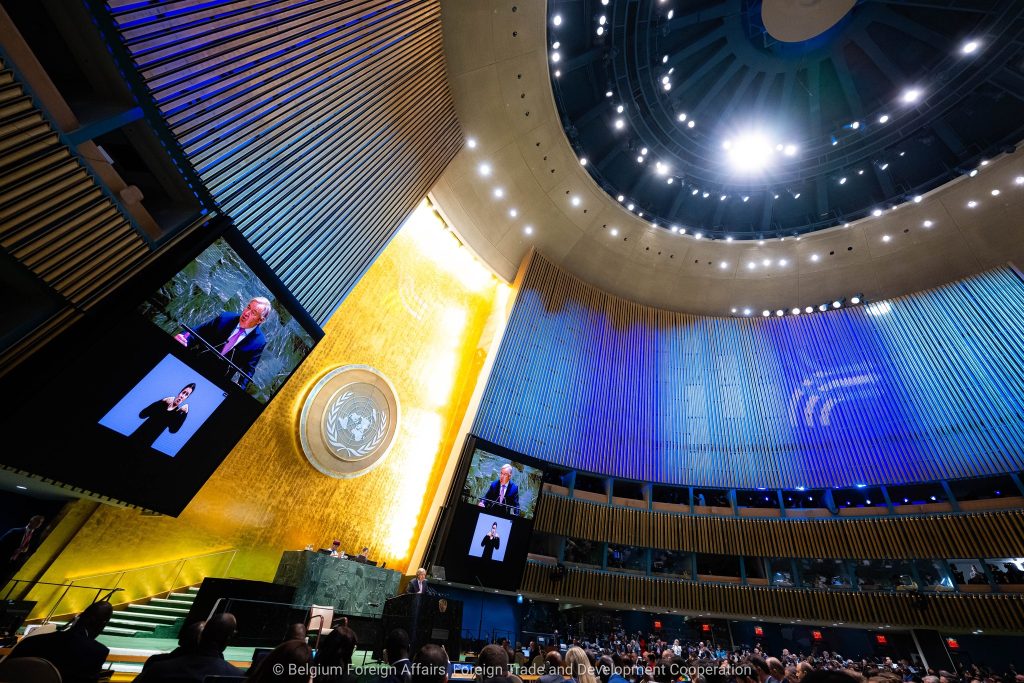

Sierra Leone’s President Julius Maada Bio, an advocate for the Global South, praised the pact for offering hope and inspiration for a better future. Developing countries have been vocal in demanding concrete commitments on the reform of international financial institutions to secure easier access to preferential financing, especially in light of climate change impacts.
The pact and its annexes, including the “Global Digital Compact” and the “Declaration on Future Generations“, are non-binding, raising concerns about implementation. Nonetheless, the agreement represents a strong statement of countries’ commitment to the United Nations, the international system, and international law.
But as Mr. Guterres said, “We have unlocked the door. Now it is our common responsibility to walk through it. That demands not just agreement, but action.”
The taste of the pudding is in the eating!
Comment, Like 👍, share this article, and Follow us on our social media handles.



